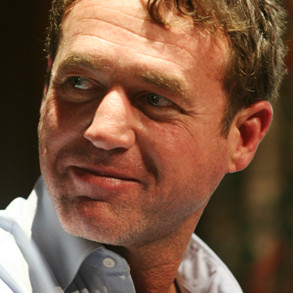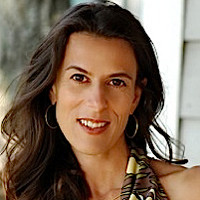Murtha and the FBI: The Director's Cut
In 1980 a convicted con-man named Melvin Weinberg was sent by the FBI to offers bribes to U.S. Congressmen on behalf of a phony Arab sheik. The Abscam, short for ‘Abdul Scam’, sting brought down for several representatives, but longtime politician John Murtha narrowly avoided offering a bribe on camera.












